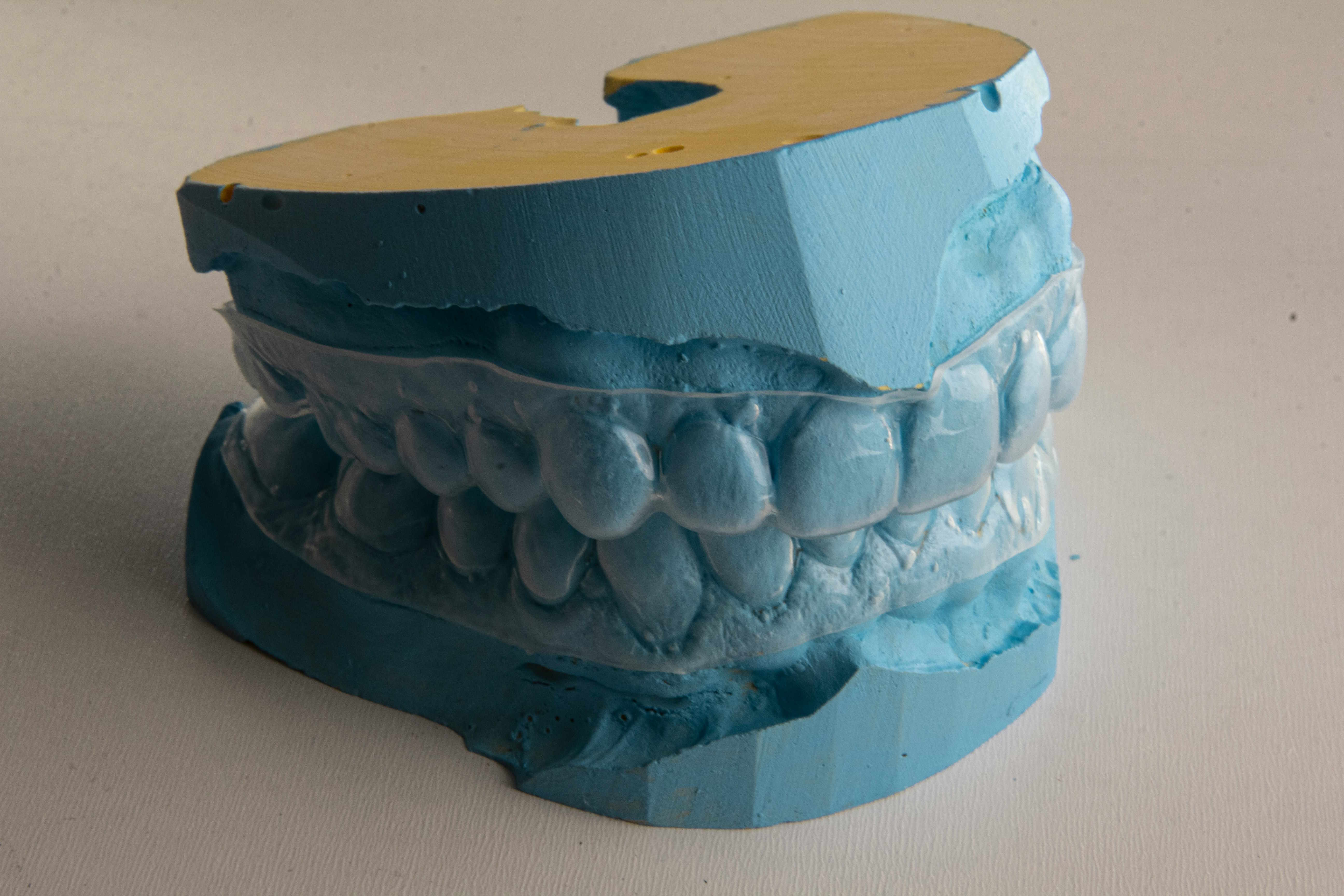Understanding Dental Implants: Procedures, Costs, and Aftercare
Dental implants represent a significant advancement in restorative dentistry, offering a permanent solution for missing teeth. These titanium posts surgically placed in the jawbone provide a stable foundation for replacement teeth that look, feel, and function like natural ones. As this procedure becomes increasingly common, understanding the process, costs, and aftercare can help patients make informed decisions about their oral health.

Dental implants have revolutionized the field of dentistry by providing patients with a long-lasting solution for tooth replacement. Unlike removable dentures or bridges, implants offer a permanent foundation that integrates with your natural bone, preventing bone loss and preserving facial structure. This advanced treatment option has become increasingly popular due to its durability, functionality, and natural appearance.
What Is an Implant in Dentistry?
An implant in dentistry refers to a small titanium post that serves as an artificial tooth root. This biocompatible metal fixture is surgically placed into the jawbone beneath the gum line. Once positioned, the implant undergoes a process called osseointegration, where it fuses with the surrounding bone tissue over several months. This integration creates a sturdy foundation for supporting artificial teeth.
Dental implants consist of three main components: the implant fixture (the titanium post), the abutment (a connector piece), and the prosthetic tooth (crown, bridge, or denture). The entire system works together to restore both function and aesthetics. Unlike traditional tooth replacement options, implants stimulate natural bone growth, preventing the bone deterioration that typically occurs after tooth loss.
The technology behind dental implants continues to advance, with improvements in materials, techniques, and digital planning tools making the procedure more precise and successful than ever before.
Finding a Dental Implant Specialist
Selecting the right professional for your dental implant procedure is crucial for achieving optimal results. Dental implant specialists, also known as implantologists, typically have extensive training beyond general dentistry. These professionals may be oral surgeons, periodontists, or prosthodontists with specialized education in implant procedures.
When searching for a qualified specialist, consider their credentials, experience, and success rates. Board certification in a specialty like oral surgery or periodontics indicates advanced training. Ask about their specific experience with cases similar to yours, particularly if you have complicating factors like bone loss or medical conditions.
Patient reviews and before-and-after photos can provide insight into a specialist’s work quality. Additionally, consider the technology available at their practice—advanced diagnostic tools like 3D imaging can significantly improve implant placement accuracy and treatment outcomes.
A consultation appointment allows you to assess the specialist’s communication style and whether they take time to understand your needs and concerns. The right specialist will thoroughly explain your treatment options, potential risks, and expected outcomes.
Understanding Dental Implants Cost
The cost of dental implants varies widely based on several factors. A comprehensive dental implant procedure typically involves multiple components, each contributing to the overall expense. These include the surgical placement of the implant, the abutment, the crown or prosthetic tooth, and any additional procedures such as bone grafting or sinus lifts if necessary.
In the United States, the cost for a single tooth implant generally ranges from $3,000 to $6,000. This price includes the implant, abutment, and crown. Multiple implants or full-mouth restorations can cost significantly more, with full-arch treatments potentially reaching $25,000 to $50,000 per arch.
Geographic location plays a substantial role in pricing, with urban areas and coastal regions typically charging higher fees. The specialist’s experience and credentials also influence cost, as highly qualified surgeons with extensive experience often command premium rates.
| Procedure | Average Cost Range | What’s Typically Included |
|---|---|---|
| Single Tooth Implant | $3,000-$6,000 | Implant, abutment, crown |
| Implant-Supported Bridge (3 teeth) | $5,000-$16,000 | Multiple implants, custom bridge |
| Full Arch Implants (All-on-4) | $25,000-$50,000 per arch | 4-6 implants, complete prosthesis |
| Bone Grafting (if needed) | $300-$3,000 | Grafting material, procedure |
| 3D Imaging/CT Scan | $250-$1,000 | Diagnostic imaging |
Prices, rates, or cost estimates mentioned in this article are based on the latest available information but may change over time. Independent research is advised before making financial decisions.
Single Tooth Implant Cost Breakdown
When considering a single tooth implant, understanding the cost breakdown can help patients budget appropriately. The total expense for a single implant typically ranges from $3,000 to $6,000, though this can vary based on individual circumstances and geographic location.
The surgical placement of the implant itself usually accounts for about 50-60% of the total cost, ranging from $1,500 to $3,000. This covers the titanium post and the surgical procedure. The abutment, which connects the implant to the crown, typically costs $300 to $500. The custom-made crown that serves as the visible tooth generally ranges from $1,000 to $2,500, depending on the material used (porcelain, zirconia, or metal alloys).
Additional costs may include initial consultations ($75-$200), X-rays or 3D imaging ($100-$400), and any necessary preparatory procedures like tooth extraction ($75-$650) or bone grafting ($300-$3,000). Some patients also require temporary prosthetics during the healing phase, adding $250-$500 to the total.
Insurance coverage for dental implants varies significantly. While some dental insurance plans now offer partial coverage for implants, many still classify them as cosmetic procedures and provide limited or no coverage. Patients should verify their benefits and consider financing options like health savings accounts, flexible spending accounts, or dental-specific financing plans.
Tooth Implant Aftercare Essentials
Proper aftercare is crucial for the long-term success of dental implants. Immediately following surgery, patients should follow specific guidelines to promote healing and prevent complications. These include applying ice packs to reduce swelling, taking prescribed antibiotics and pain medications as directed, and avoiding strenuous physical activity for at least 48-72 hours.
During the initial healing phase (first 1-2 weeks), a soft food diet is recommended to avoid placing pressure on the implant site. Foods like yogurt, smoothies, mashed potatoes, and pasta are ideal during this period. Patients should avoid hard, crunchy, or sticky foods that could damage the surgical site.
Maintaining excellent oral hygiene is essential throughout the healing process and beyond. Gentle brushing around the implant area with a soft-bristled toothbrush helps prevent infection. Special tools like interdental brushes or water flossers can clean hard-to-reach areas around the implant. Antimicrobial mouthwash may be recommended to control bacteria levels during healing.
Long-term care for dental implants closely resembles natural tooth care but requires diligence. Regular dental check-ups every six months allow for professional cleaning and assessment of implant health. Dentists may take periodic X-rays to verify bone levels around the implant remain stable.
Patients should be aware of warning signs that might indicate complications, such as persistent pain, swelling, bleeding, or loosening of the implant or crown. Reporting these symptoms promptly to a dental professional can prevent more serious issues from developing.
With proper care and maintenance, dental implants can last decades or even a lifetime, making them a valuable investment in oral health and quality of life.
This article is for informational purposes only and should not be considered medical advice. Please consult a qualified healthcare professional for personalized guidance and treatment.




